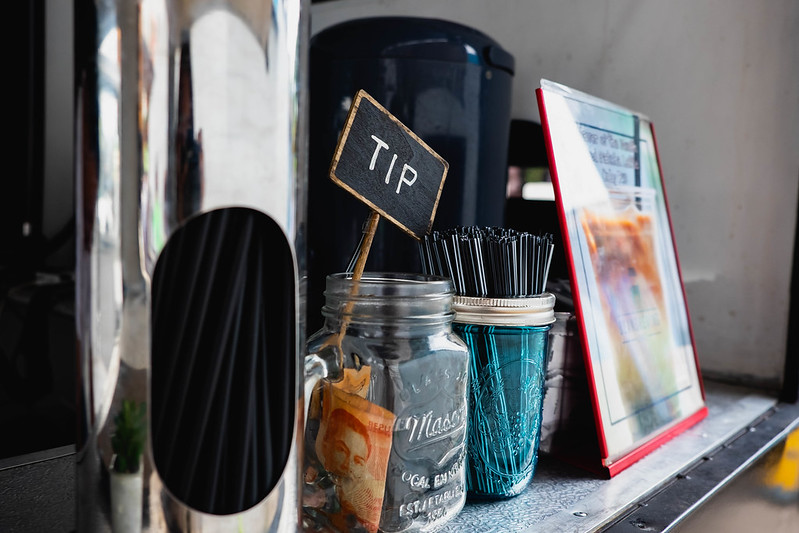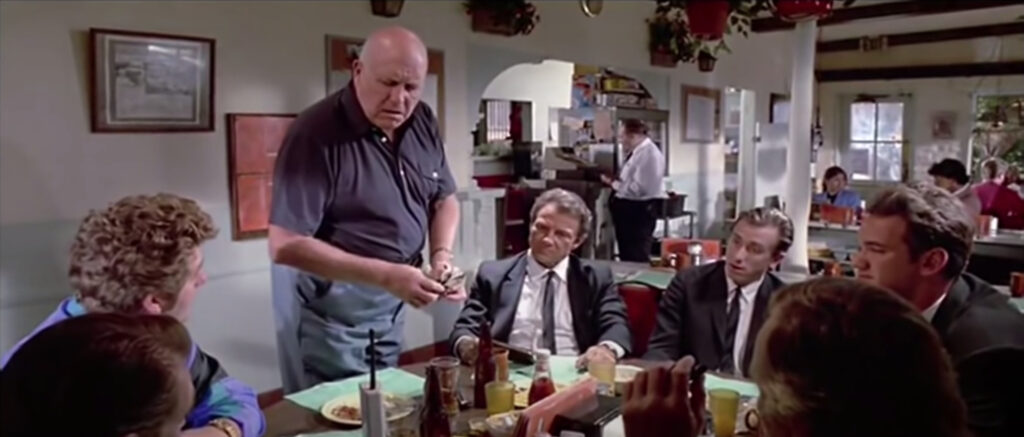Gastropod looks at food through the lens of science and history.
Co-hosts Cynthia Graber and Nicola Twilley serve up a brand new episode every two weeks.
Co-hosts Cynthia Graber and Nicola Twilley serve up a brand new episode every two weeks.

Saru Jayaraman is an attorney and the director of the UC Berkeley Food Labor Research Center. She launched One Fair Wage as a national campaign to end all sub-minimum wages in the United States and is the author of Behind the Kitchen Door (2013) and Forked: A New Standard for American Dining (2016). Her organization has published a number of studies on the implications of tipping before and during the pandemic, which you can find here, alongside an easy form to ask your elected officials to eliminate the sub-minimum tipped wage. She and her team have also created High Road Restaurants, a site specifically geared towards restaurant owners.
Mike Lynn is a professor of consumer behavior and marketing at the Cornell University School of Hotel Administration. Mike paid his way through school by waiting tables and bartending, inspiring his lifelong research interest in tipping—he’s written more than 70 research publications on the topic.
Natasha Van Duser is a bartender in New York City. She was interviewed for this article on sexual harassment in restaurants during the pandemic.
Andrea Borgen Abdallah is the owner and general manager of Barcito, a restaurant serving casual Argentinian fare in downtown Los Angeles. As Andrea puts it, “Barcito is my day job. No Relief No Rent is my side hustle. A more equitable and sustainable hospitality industry is my motivation.”
Josh Lewin is an award-winning chef based in the Boston area, where he runs two dining venues with his partner, Katrina Jazayeri: Juliet, a casual fine-dining cafe, and Peregrine, an Italian islands-inspired restaurant, both of which operate on a no-tipping, living-wage model.
Katrina Jazayeri is a designer, beverage director, and restaurateur who opened Juliet and Peregrine with her partner, Josh Lewin. Prior to entering the food and beverage world, Katrina worked at a social enterprise incubator and led urban health initiatives, which inspired her commitment to equity, access, and career development within restaurants.
